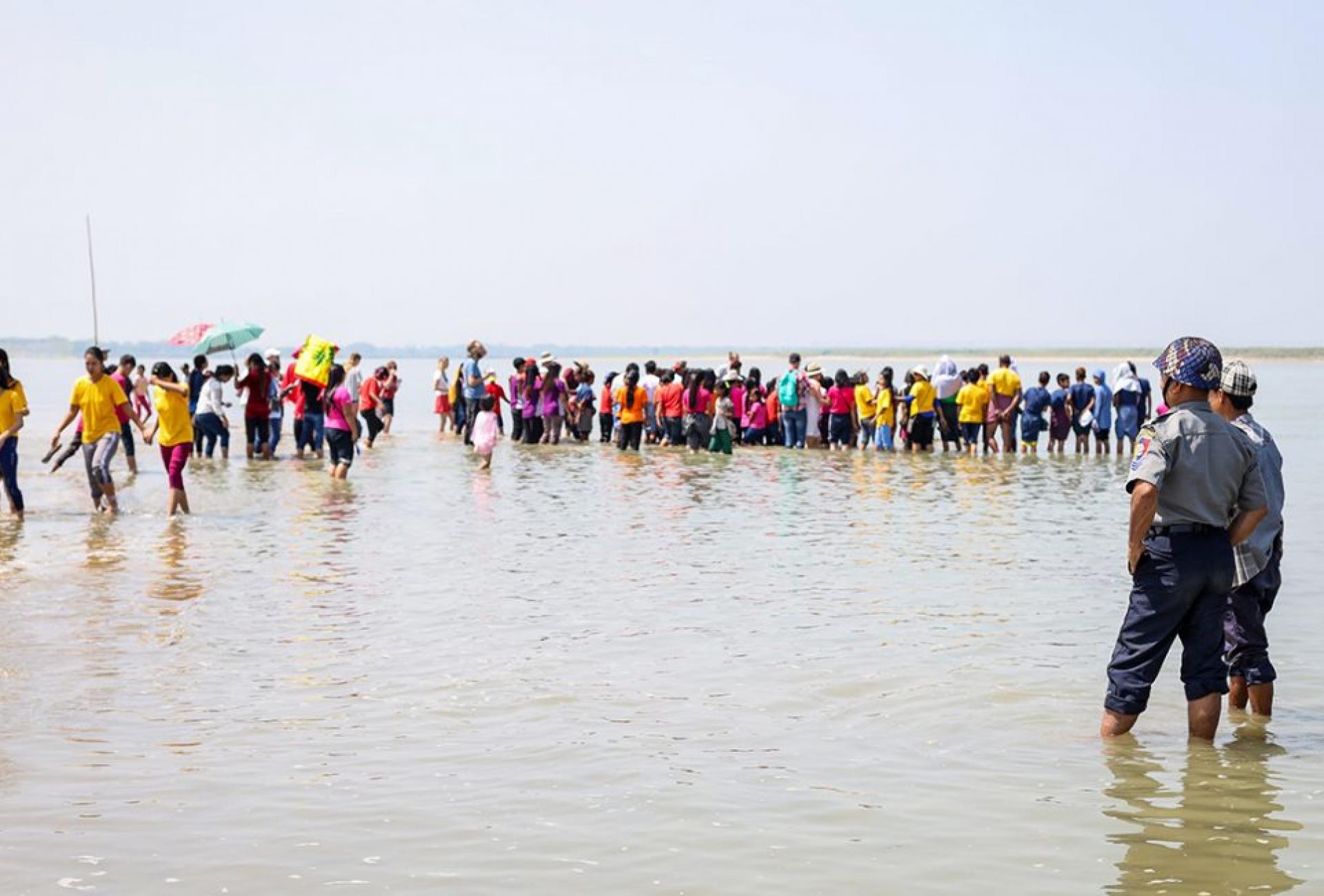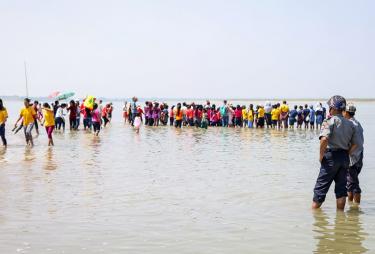New Report Shows: Faith Overlooked in Work for Democracy


<strong style=”background-color: initial;”>As threats to democracy and human rights increase globally, the right to freedom of religion or belief plays a crucial role in development cooperation.</strong> <strong style=”background-color: initial;”>This is what SMC’s new report </strong>Claiming Space for Faith – Including Freedom of Religion or Belief in the Fight for Civic <a href=”https://www.smc.global/themencode-pdf-viewer-sc/?tnc_pvfw=ZmlsZT1odHRwczovL3d3dy5zbWMuZ2xvYmFsL2FwcC91cGxvYWRzLzIwMjAvMTAvMjAyMC1DbGFpbWluZy1TcGFjZS1mb3ItRmFpdGgucGRmJnNldHRpbmdzPTExMTExMTExMTExMTExMTExMDAmbGFuZz1lbi1VUw==&fbclid=IwAR1dGuh709KMEzniiLv5k-6sZoZzRdFs5gKPa8OKs4jRAUw7KGY8K0AFv5M#page=&zoom=&pagemode=none” target=”_blank” rel=”noopener noreferrer”>Space shows</a><strong style=”background-color: initial;”><em>.</em></strong>
Today, only 3% of the world’s population live in what can be defined as open societies. Shrinking space is a well known trend and many international institutions and decision-makers are working to counteract it in an effort to strengthen democracy. However, one trend that has not received the same attention is the parallel threat to freedom of religion or belief, despite the fact that more than 80% of the world’s population live in countries where freedom of religion is severely restricted.
<h2>Freedom of Religion or Belief Strenghtens Work for Democracy</h2>
“In order to reverse the trend and fulfill the global development goals, we need a joint approach to these issues. Protecting freedom of religion or belief is absolutely crucial for democracy,” says Charlotta Norrby, SMC’s Secretary General.
With the help of SMC’s member organisations and network in 29 countries, the report examines the links between shrinking civic space and the negative development of freedom of religion or belief. The results show several links between the interdependence of respect for religious freedom and civic space and the importance of integrating work with freedom of expression, assembly, association and freedom of religion or belief in order to strengthen democracy. The fact that lack of freedom of religion or belief particularly affects gender equality and women’s rights is another important conclusion.
<h2>Organisations Find Ways to Operate Despite Violence</h2>
“Work for democracy will simply be more effective if issues of freedom of religion or belief are included and if we as aid actors understand the challenges facing our partner organisations.” But we also need to see the unique potential that faith-based actors have in the struggle to promote civic space,” says Sanna Svensson, advisor for development policy at SMC and who has also co-authored the report.
43% of respondents say that state actors have in different ways hindered and restricted their work, and many also testify to violence and systematic discrimination by other non-state actors in their society. At the same time, many interview responses show how organisations are able to develop strong resilience and successful strategies to meet and challenge the restrictions.
“My hope is that this report and the examples we highlight will put these issues clearly on the agenda when initiatives to promote democracy are discussed – also internationally. These are not just pressing issues for those who are Christians or belong to religious minorities. The promotion of freedom of religion or belief must be included in all work for democracy,” says Sanna Svensson.
<h2>Recommendations to Politicians, Aid Organisations and Researchers</h2>
The report provides recommendations in line with the global development goals, to policy makers, as well as aid actors and researchers:
● Give more space to freedom of religion or belief in work for democracy.
● Clarify the link between freedom or religion or belief and gender equality in the analysis and implementation of initiatives to promote democracy in development cooperation.
● Acknowledge and draw attention to the specific obstacles and limitations that faith-based organisations face, but also acknowledge the unique role and strategies they have developed in their fight for civic space.
